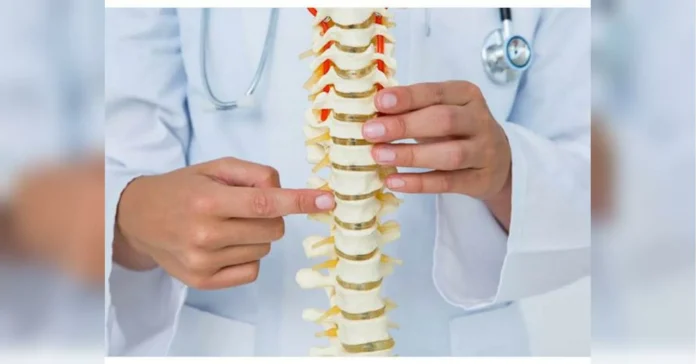Hernia is a common condition that occurs when an organ or tissue pushes through a weak spot in the surrounding muscle or connective tissue. It can be a painful and debilitating condition, and there are several factors that can increase the risk of developing a hernia. In this article, we will discuss the various factors that can increase the risk of hernia, as highlighted by Anna Novokhatchenko, a renowned expert in the field of hernia treatment.
One of the main risk factors for hernia is excess weight. Being overweight or obese puts extra strain on the muscles and tissues, making them more susceptible to hernias. This is because the excess weight puts pressure on the abdominal muscles, causing them to weaken over time. As a result, the weakened muscles are more likely to develop a hernia. This risk is further increased in individuals with a high body mass index (BMI), as they have a higher percentage of body fat and less muscle mass to support their organs.
Another factor that can increase the risk of hernia is engaging in heavy physical labor or strenuous activities. Jobs that require lifting heavy objects, repetitive movements, or constant strain on the abdominal muscles can lead to the development of a hernia. This is because these activities put excessive pressure on the abdominal muscles, causing them to weaken and potentially tear. It is important to take breaks and use proper lifting techniques to avoid putting too much strain on the muscles and reduce the risk of hernia.
Smoking is another significant risk factor for hernia. The harmful chemicals in cigarettes can weaken the connective tissues in the body, making them more prone to hernias. In addition, smoking can also lead to chronic coughing, which puts extra strain on the abdominal muscles and increases the risk of hernia. Quitting smoking can not only reduce the risk of hernia but also improve overall health and well-being.
In addition to these factors, there are also certain medical conditions that can increase the risk of hernia. These include chronic constipation, chronic cough, and pregnancy. Chronic constipation can cause straining during bowel movements, which can put pressure on the abdominal muscles and lead to a hernia. Chronic coughing, as mentioned earlier, can also put excessive strain on the muscles and increase the risk of hernia. Pregnancy can also weaken the abdominal muscles, making them more susceptible to hernias. It is important for pregnant women to take extra care and avoid any activities that may strain their abdominal muscles.
Age is also a significant risk factor for hernia. As we age, our muscles and tissues naturally weaken, making us more prone to developing hernias. This is especially true for men over the age of 50, as they are more likely to develop a condition called inguinal hernia, where the intestines push through the inguinal canal in the groin area. However, hernias can occur at any age, and it is important to be aware of the risk factors and take preventive measures.
It is essential to note that while these factors can increase the risk of hernia, they do not necessarily mean that an individual will develop one. Many people with these risk factors never develop a hernia, while others with no apparent risk factors may develop one. However, being aware of these risk factors can help individuals take preventive measures and reduce their chances of developing a hernia.
In conclusion, there are several factors that can increase the risk of developing a hernia. These include excess weight, heavy physical labor, smoking, certain medical conditions, age, and pregnancy. It is essential to maintain a healthy weight, avoid strenuous activities, quit smoking, and take necessary precautions to reduce the risk of hernia. If you experience any symptoms of a hernia, such as a bulge in the abdomen or groin area, seek medical attention immediately. Early detection and treatment can help prevent complications and improve the chances of successful treatment. Remember, your health is in your hands, so take care of your body and reduce the risk of hernia.

